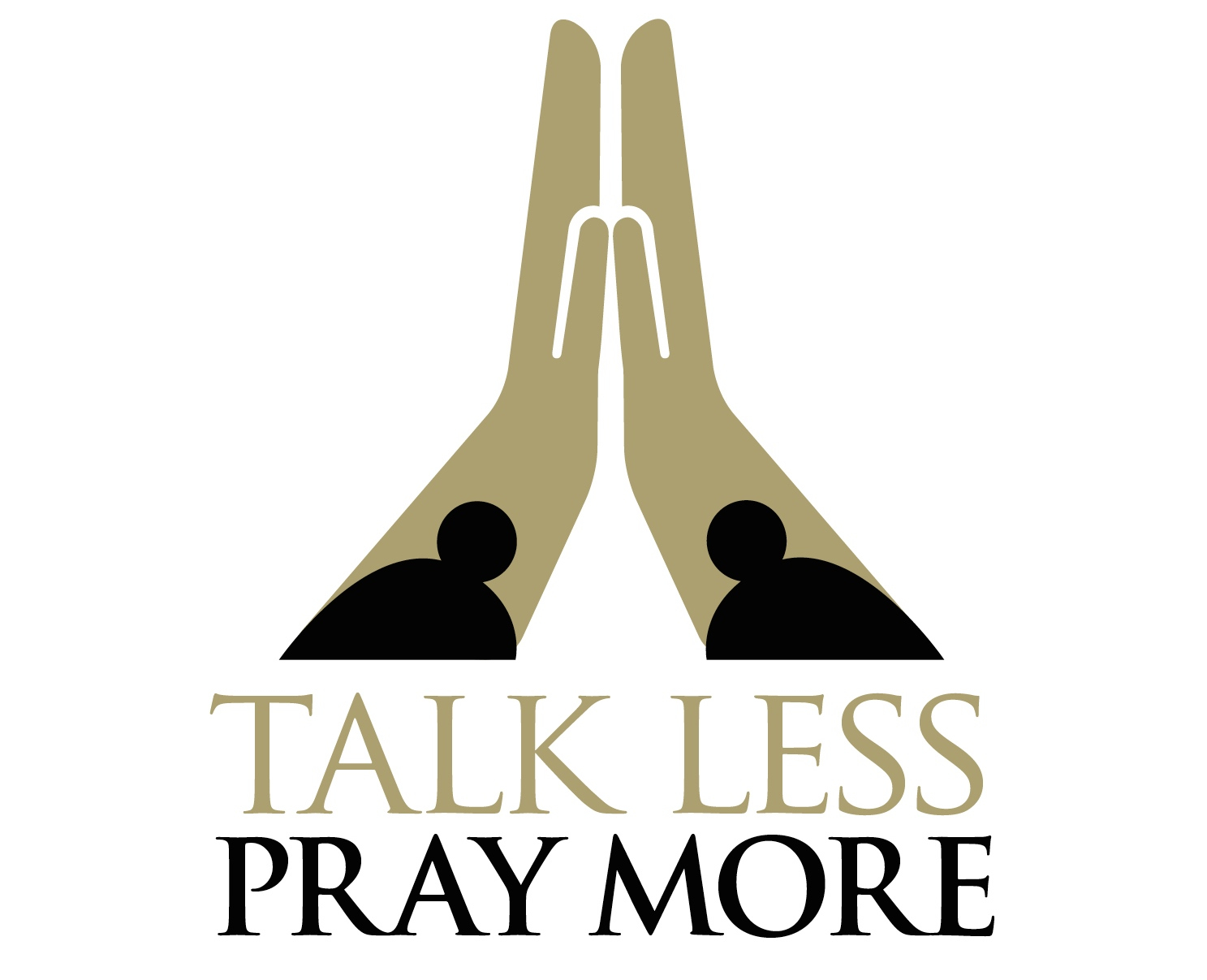"You are permitted to speak for yourself." Acts 26: 1
King Agrippa is so far over his head in deep water that he doesn't know he is drowning in his own arrogance. Entering the room with all the pomp and circumstance of a Cecil B. Demille movie scene, he actually believes he has called the meeting. He granted Paul permission to speak for himself. Paul only intended to speak for God. Game on.
Note to self: Real preachers don't have to ask permission. They just do it. PREACH IT!
Agrippa was a weak man with a big title. He owed his throne to Rome. He had no gravitas, just avarice. His world revolved around himself, and he was addicted to breathing his own ether.
Showing up in Caesarea, the Roman stronghold and seat of power, acting like he was in charge, Agrippa was was like a midget talking smack at a slam dunk contest. Though he officially ruled more land mass than Herod the Great, Agrippa was an empty suit, holding onto a title and a position of power. In Texas this kind of man is described as, "Big hat. No cattle."
By having Paul stand in front of him, Agrippa had stepped onto a cosmic chessboard, and engaged in a spiritual warfare that he was ill prepared to win. He wore a crown in the political world, but he was a pawn in the spiritual realm.
Year's earlier, Paul's King had knocked him off of his own high horse, on the Road to Damascus. In Caesarea, standing in front of King Agrippa, and Governor Festus, he appeared to be a prisoner. To them he was merely a pawn to be used and abused for their amusement. He was not. Appearances can be deceiving.
Paul spoke with clarity and boldness. King Agrippa gave him a hearing, but he didn't hear what Paul was saying. Rather than taking charge and calling for Paul's release, he responded with wishful thinking, "This man might have been set free if he had not appealed to Caesar." (v. 32)
Within this chapter is contained the dilemma of those who have maneuvered themselves or find themselves in seats of power. They become blinded by the trappings and symbols of power, and lose sight of The Source of it.
King Agrippa and Governor Festus had two different reactions to Paul's testimony, but the result was the same. Festus thought Paul was a crazy man spouting nonsense. Agrippa nervously patronized Paul with, "In a short time you will persuade me to be a Christian." (v. 28)
Both men refused to yield control of theirs lives to the Lord Jesus Christ. They had made their choice. Game over.
The message of Paul to the men of power of his day was not any different than the message that people need to hear today.
"That the Christ was to suffer, and that by reason of His resurrection from the dead He would be the first to proclaim light both to the Jewish people and to the Gentiles." (v. 23)
As symbols of the Jewish and Gentile people, Agrippa and Festus were well positioned to see The Light of the Gospel. God's hand had moved them onto the chessboard, and they were face to face with a man who could point them to "The Way, The Truth and The Life." They looked at Paul and missed Jesus. All they could see was a pawn. They missed The King.
Of all men, King Agrippa should have been sympathetic to Paul's dilemma. His life story reveals a checkered past. He too had been imprisoned by Roman authority. By saying aloud, what he had been wishfully hoping for, the death of Tiberius, he had been put in prison. Following the death of Tiberius Ceasar, the new Emperor Caligula presented him with a gold chain, equal in weight to the iron chains he had worn in prison.
In closing his remarks, Paul said to King Agrippa, "I would wish to God,...not only you, but also all who hear me this day, might become such as I am, except for these chains." (v. 29) It is worth noting that at that point, "the king stood up." (v. 30)
Apparently Paul was right on the mark, and Agrippa couldn't take any more hits. His chains may have been turned from iron to gold, but Agrippa was still a prisoner of his own pride. Paul was the only free man in the room. True believers always are.
Prayer clears the air of the fog of war, and reveals the rules of engagement. Too many prayerless people are playing and not praying. They think life is a game of checkers and the run around screaming "King Me!" They refuse to be a pawn in the hand of God, and get in the real game. They use the same board, but play the wrong game.
There is a huge difference between a play-er and a pray-er. Prayer sets a person free from their pride, and prepares them to be used in the hands of God, for His purpose, not their own. To the one who would be king, get in the game. TALK LESS! PRAY MORE!
